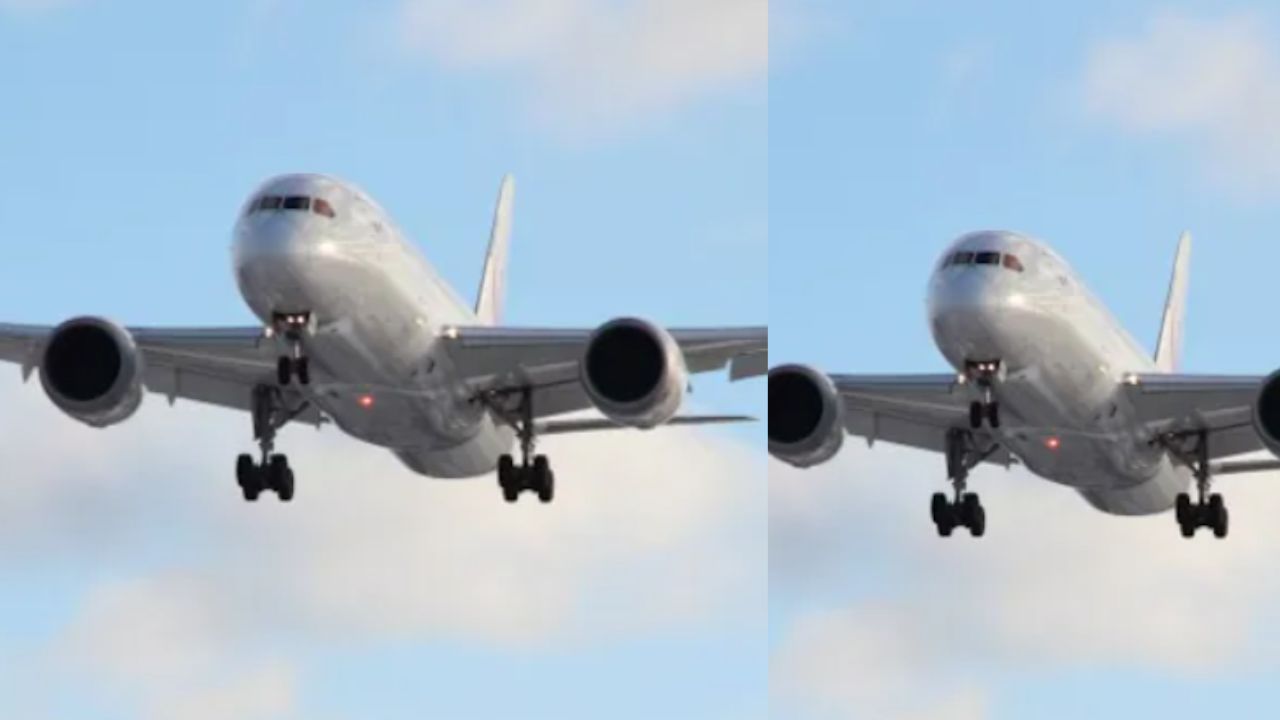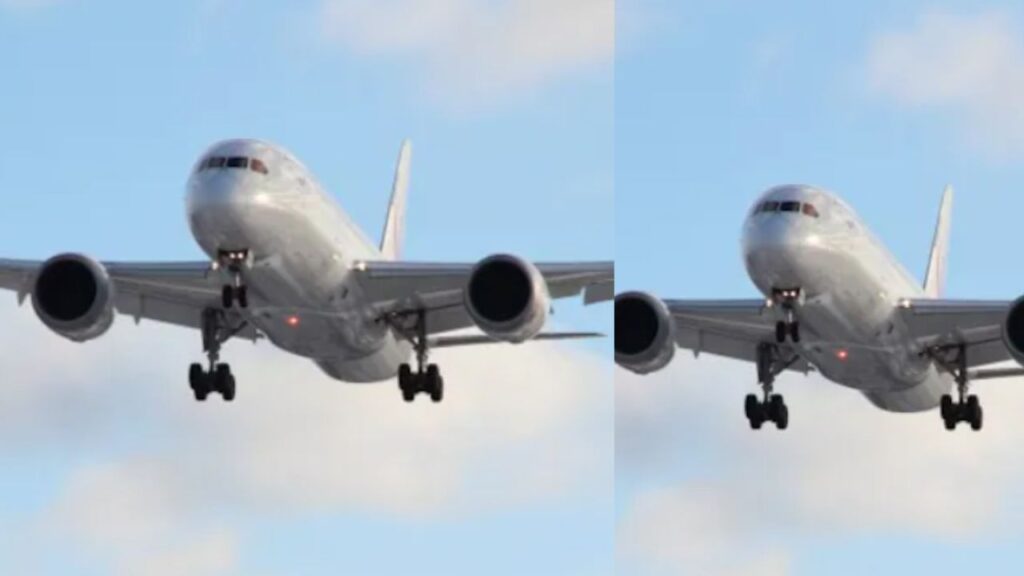
A recent report has revealed that Pakistan suffered a staggering financial setback of around Rs 127 crore within just two months after deciding to close its airspace for Indian flights. The move, taken amid heightened political and military tensions between the two countries, not only disrupted air travel but also dealt a severe blow to Pakistan’s aviation revenue.
The Airspace Closure and Its Immediate Impact
The decision to shut down Pakistani airspace for Indian carriers was implemented as a retaliatory measure during a period of diplomatic strain. While it was intended as a political statement, the economic repercussions were swift and costly.
Pakistan’s Civil Aviation Authority (CAA) generates a significant portion of its revenue from overflight charges paid by airlines that pass through its airspace. With Indian carriers restricted, a large number of international flights had to reroute, drastically cutting into the fees Pakistan collects.
Losses Pile Up Quickly
According to aviation industry insiders, the closure caused a loss of nearly Rs 127 crore in just eight weeks. The figure accounts for overflight fees, landing charges, and the broader decline in aviation-related activities. Many airlines, including those from Europe and Southeast Asia, had to avoid Pakistani skies entirely when operating routes to and from India, further deepening the financial hit.
Ripple Effects on International Travel
The airspace closure didn’t just hurt Pakistan’s treasury — it also caused significant inconvenience for travelers. International flights between India and destinations in Europe, North America, and the Middle East faced longer routes, resulting in increased fuel consumption, higher ticket prices, and extended travel times.

Airlines, too, bore the brunt of these detours, with some reporting tens of thousands of dollars in extra fuel and crew costs per flight. While India’s carriers managed to adapt by taking alternative routes, the loss in efficiency was felt across the aviation sector.
Political Symbolism vs. Economic Reality
Experts argue that while the closure of airspace may have carried symbolic weight in the political arena, it ultimately proved counterproductive in financial terms. The move underscored how interconnected global aviation is — and how even short-term restrictions can lead to massive economic losses for the countries involved.
Lessons for the Future
Aviation analysts suggest that such closures should be approached with caution, especially in regions where airspace serves as a major transit corridor. The loss of Rs 127 crore in such a short span highlights the need for balancing political decisions with economic considerations.
With the skies now reopened, both countries have resumed normal air travel operations. However, the episode stands as a costly reminder of how geopolitical tensions can quickly translate into tangible economic damage — not just for governments, but for airlines and passengers worldwide.






